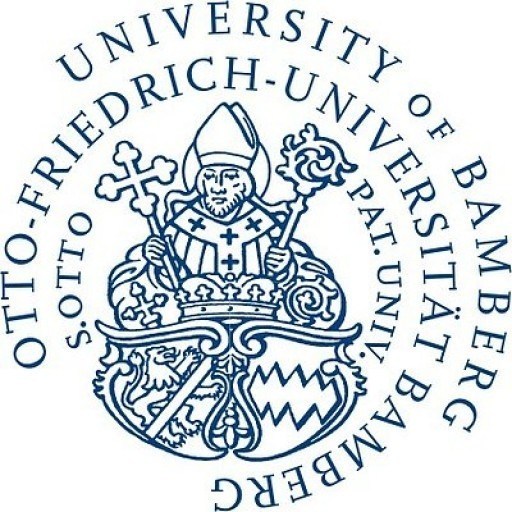Photos of university / #humboldt.uni
The Research Training Programme in Social Sciences (MA RTP) at Humboldt University of Berlin is a comprehensive graduate program designed to prepare students for advanced academic and professional careers in the social sciences. This interdisciplinary programme offers a rigorous curriculum that combines theoretical foundations with practical research skills, enabling students to critically analyze societal issues, employ diverse methodological approaches, and contribute original insights to their field. The programme emphasizes a multidisciplinary perspective, integrating methods and theories from sociology, political science, anthropology, and related disciplines to foster a holistic understanding of complex social phenomena. Students benefit from close collaboration with experienced faculty members who are actively engaged in cutting-edge research, providing mentorship and guidance throughout their academic journey. The MA RTP in Social Sciences also offers extensive opportunities for specialization, allowing students to choose from various modules tailored to their interests, such as urban studies, globalization, social policy, or digital society. Practical training is a core component of the programme, with workshops, seminars, and research projects designed to enhance data collection, analysis, and presentation skills. Additionally, students are encouraged to participate in academic conferences, internships, and collaborative research initiatives that facilitate networking and professional development. The programme aims to equip graduates with the analytical tools, methodological expertise, and theoretical knowledge necessary to excel in academia, public policy, non-governmental organizations, and private sector roles focused on social issues. Furthermore, Humboldt University’s strategic location in Berlin provides students with unparalleled access to a vibrant social, political, and cultural environment, enriching their academic experience and fostering insightful research. Graduates of the Research Training Programme in Social Sciences are well-prepared to pursue doctoral studies or enter various fields where social scientific expertise is highly valued. Overall, the programme fosters critical thinking, ethical responsibility, and innovative research practices to contribute meaningfully to understanding and addressing pressing societal challenges.
Educational organisation
The MSc in Optical Sciences programme comprises the following modules (courses), sorted with regards to the above stages 1-3:Stage 1: Optical Sciences (Semesters 1+2)
- Fundamentals of Optical Sciences (12 ECTS credit points)
- Advanced Optical Sciences (6 ECTS credit points)
- Optical Sciences Laboratory (6 ECTS credit points)
- Seminar Optical Sciences (6 ECTS credit points)
Stage 2: Elective Subjects (Semesters 1+2)
- Nonlinear Photonics (three modules, 6 ECTS credit points each)
- Quantum Optics (three modules, 6 ECTS credit points each)
- Short-Wavelength Optics (three modules, 6 ECTS credit points each)
- Theoretical Optics (three modules, 6 ECTS credit points each)
Stage 3: Independent Research (Semesters 3+4)
- Advanced Optical Sciences Laboratory (15 ECTS credit points)
- Introduction to Independent Scientific Research (15 ECTS credit points)
- Master's thesis (30 ECTS credit points)
In addition, two general electives (two modules, 5 ECTS credit points each) can be taken from the entire curriculum of the HU.
Study abroad unit(s)
NoneInternships
While internships are not mandatory, it is not unusual for a student of the Master's programme in Optical Sciences to complete an internship over the summer break. The science and technology park Berlin-Adlershof (where the Institute of Physics of the HU is located) offers ample opportunities for internships.Forms of assessment
Depending on the module, the assessment will be in the form of oral examinations, written exams, presentations, or written reports.Course objectives
The MSc in Optical Sciences programme prepares students for a challenging career in the optics & photonics industries or for the pursuit of a doctoral degree.Language requirements
Applicants must provide proof of their English language proficiency: TOEFL 560 (paper-based), 87 (internet-based), or equivalent.Academic requirements
The successful admission to the MSc in Optical Science programme requires a Bachelor's degree in physics or a closely related field of science or engineering. In addition, profound knowledge of mathematics and physics must be demonstrated.Specific requirements are:
Higher Mathematics (minimum 15 ECTS credit points)
Quantum Theory/Quantum Physics (minimum 10 ECTS credit points)
Electrodynamics/Optics (minimum 10 ECTS credit points)
Physics Laboratory (5 ECTS credit points)








